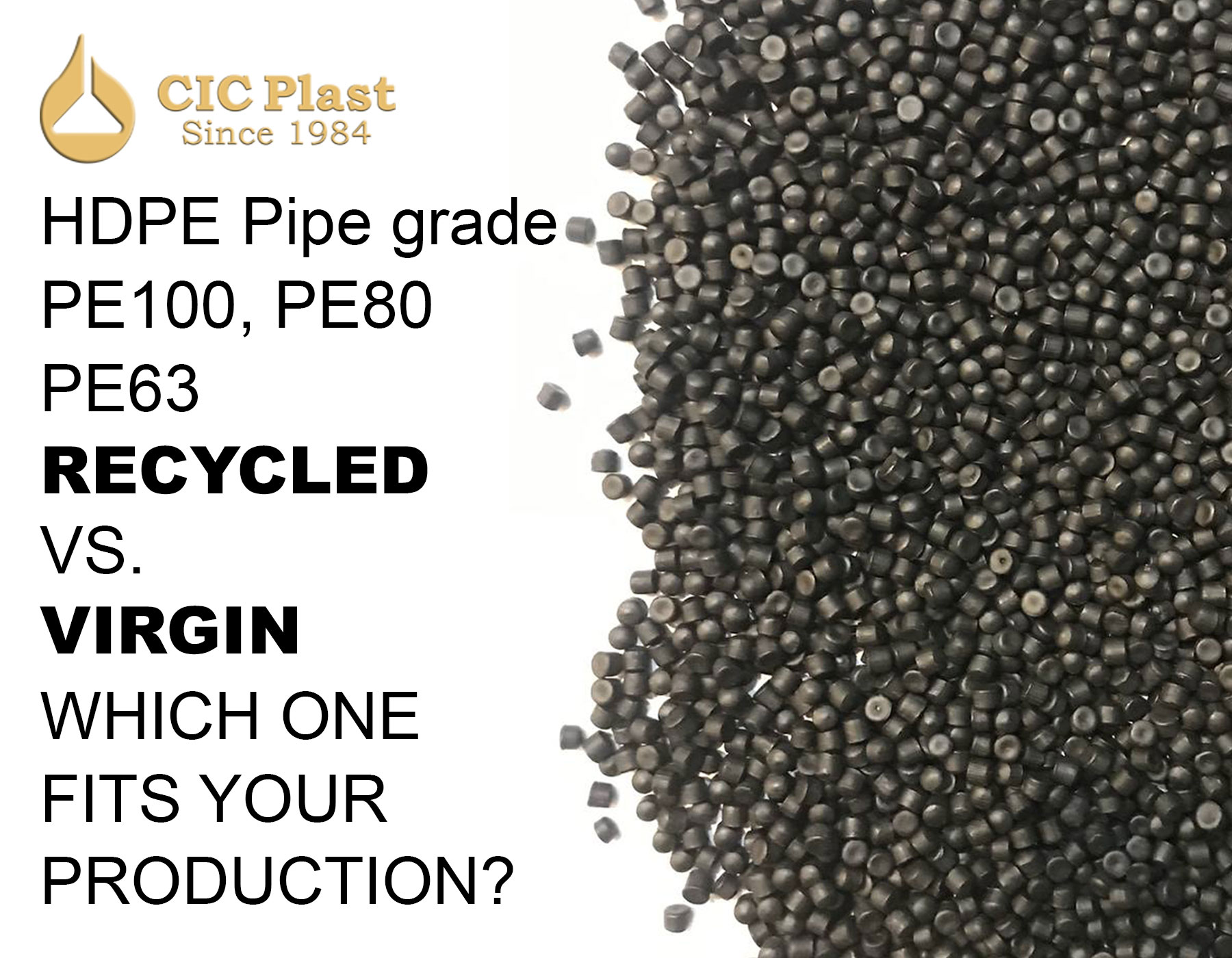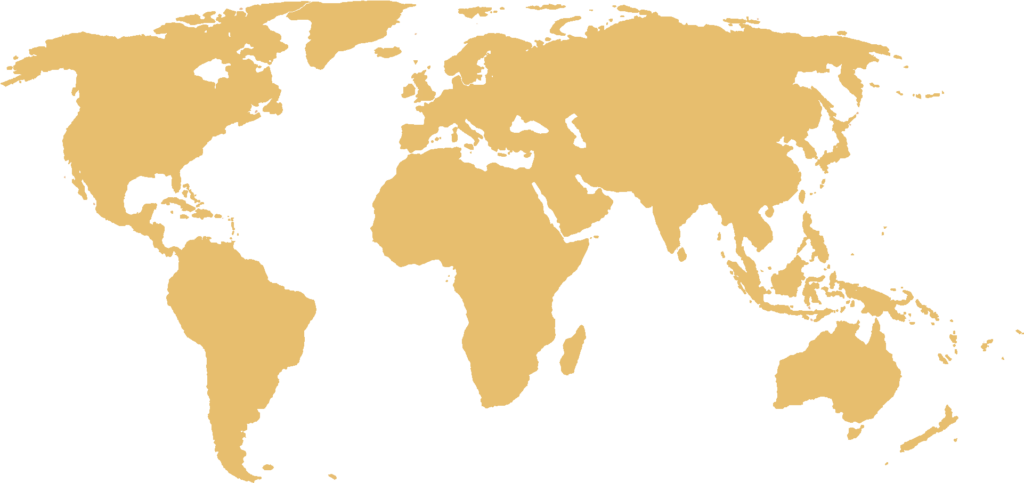
HDPE PE100, PE80 and PE63 for Pipe Manufacturing
In the world of polyethylene pipes, selecting the right material can significantly impact product quality, durability, and cost-effectiveness. Manufacturers often face the choice between PE100,
In the world of polyethylene pipes, selecting the right material can significantly impact product quality, durability, and cost-effectiveness. Manufacturers often face the choice between PE100, PE80, and PE63 in both virgin and recycled forms. But what are the differences, and which material best suits your application?
Polyethylene (PE) grades are categorized based on their molecular structure, mechanical properties, and long-term performance. Here’s a breakdown:
PE100: The highest-grade polyethylene with excellent strength, durability, and resistance to stress cracking. It allows for thinner pipe walls while maintaining high pressure resistance, making it the preferred choice for modern high-pressure pipeline systems.
PE80: A step below PE100, this grade provides good mechanical properties and is commonly used in medium-pressure applications such as water and gas distribution.
PE63: The oldest and least durable among the three, PE63 has lower strength and pressure resistance, making it more suitable for low-pressure applications such as agricultural irrigation and drainage.
Both virgin and recycled polyethylene can be used in pipe production, but they come with distinct advantages and limitations.
Pros: High purity, excellent mechanical properties, predictable performance, and full compliance with international standards.
Cons: Higher cost and reliance on petrochemical feedstocks.
Pros: Cost-effective, environmentally friendly, and reduces dependency on raw petrochemical resources.
Cons: Mechanical properties vary depending on the recycling process, potential contamination risks, and lower pressure resistance in some cases.
For high-pressure pipelines (gas, water supply, industrial use) → Virgin PE100 is the best option due to its strength and longevity.
For medium-pressure applications (water distribution, sewerage systems) → Virgin PE80 or high-quality recycled PE100 can offer a balance of performance and cost-effectiveness.
For low-pressure applications (agriculture, drainage) → Recycled PE80 or PE63 can provide a budget-friendly and sustainable solution.
Selecting the right polyethylene grade—whether virgin or recycled—depends on the specific requirements of your pipe manufacturing project. With a deep understanding of polymeric materials, CIC PLAST offers high-quality PE100, PE80, and PE63 granules to meet your production needs, ensuring durability and cost-efficiency.

In the world of polyethylene pipes, selecting the right material can significantly impact product quality, durability, and cost-effectiveness. Manufacturers often face the choice between PE100,

CIC Plast is a well-trusted professional Supplier and Exporter of Polymer products.
More than a Supplier, we are your Consultant. Whenever you need expert advice on a Safe and Sustainable Chemical and Polymer supply chain, our whole team is at your disposal.
UAE
India
Türkiye
China
Scan QR Code

Subscribe to newsletter

©️ 2024 CIC Plast All Rights Reserved.